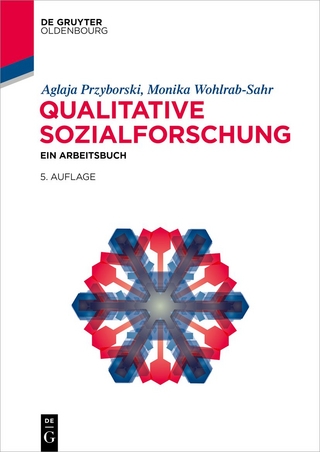
The Primacy of PISA
Lexington Books (Verlag)
978-1-4985-7849-3 (ISBN)
Every three years the world awaits the results of the Programme for International Student Assessment or PISA, the rankings of school systems overseen by the Organisation for Economic Co-operation and Development (OECD). Nations around the world look eagerly and apprehensively to see where their students rank on these tests of competence in, mainly, science, math and reading. This book provides a window into PISA and its power. What exactly is PISA? How are its tests developed? Who takes the test? What countries tend to outperform and which underperform? What do countries learn from PISA? Why is PISA both revered and feared? And, most importantly, does PISA improve education globally?
The first PISA, in 2000, included 32 countries. In 2018, nearly eighty nations took part in PISA. That number is expected to double by 2030. This may mean that students in over 80% of the world’s countries will take the PISA exams. This scenario has made PISA more important than ever. This book probes topics and themes related to “the world’s most important exam” and why many view a high PISA ranking—rightly or wrongly—as global education’s seal of approval. Because of this, PISA has been called a disruptor, a test which can trigger major reform in school systems around the world. But is it the PISA rankings that are the real disruptor or the decisions countries make because of their rankings? These decisions often involve systemic changes in teaching and learning which can substantially alter how a country measures and prioritizes its education system.
Joseph M. Piro is professor at Long Island University in the Department of Teaching & Learning and codirector of the doctoral program in interdisciplinary educational studies.
List of Figures
List of Tables
Preface
Acknowledgments
Chapter 1: PISA and the Global Citizen
Chapter 2: The Staying Power of International Comparisons: Why We Feel the Need to Compare
Chapter 3: PISA through the Prism of the OECD
Chapter 4: The Making and Taking of PISA
Chapter 5: PISA and Global Best Practices: How PISA Tells Us “What Works”
Chapter 6: “Horizon Scanning:” The Promise and Perils of Borrowing Best Practices
Chapter 7: PISA, Brain Matter, and Other Matters
Chapter 8: The Place of PISA in a Diversifying, Digitizing, and Innovating World
Bibliography
List of Websites
Index
About the Author
| Erscheinungsdatum | 10.05.2021 |
|---|---|
| Verlagsort | Lanham, MD |
| Sprache | englisch |
| Maße | 161 x 229 mm |
| Gewicht | 485 g |
| Themenwelt | Sozialwissenschaften ► Pädagogik |
| Sozialwissenschaften ► Soziologie ► Empirische Sozialforschung | |
| ISBN-10 | 1-4985-7849-7 / 1498578497 |
| ISBN-13 | 978-1-4985-7849-3 / 9781498578493 |
| Zustand | Neuware |
| Haben Sie eine Frage zum Produkt? |
aus dem Bereich


